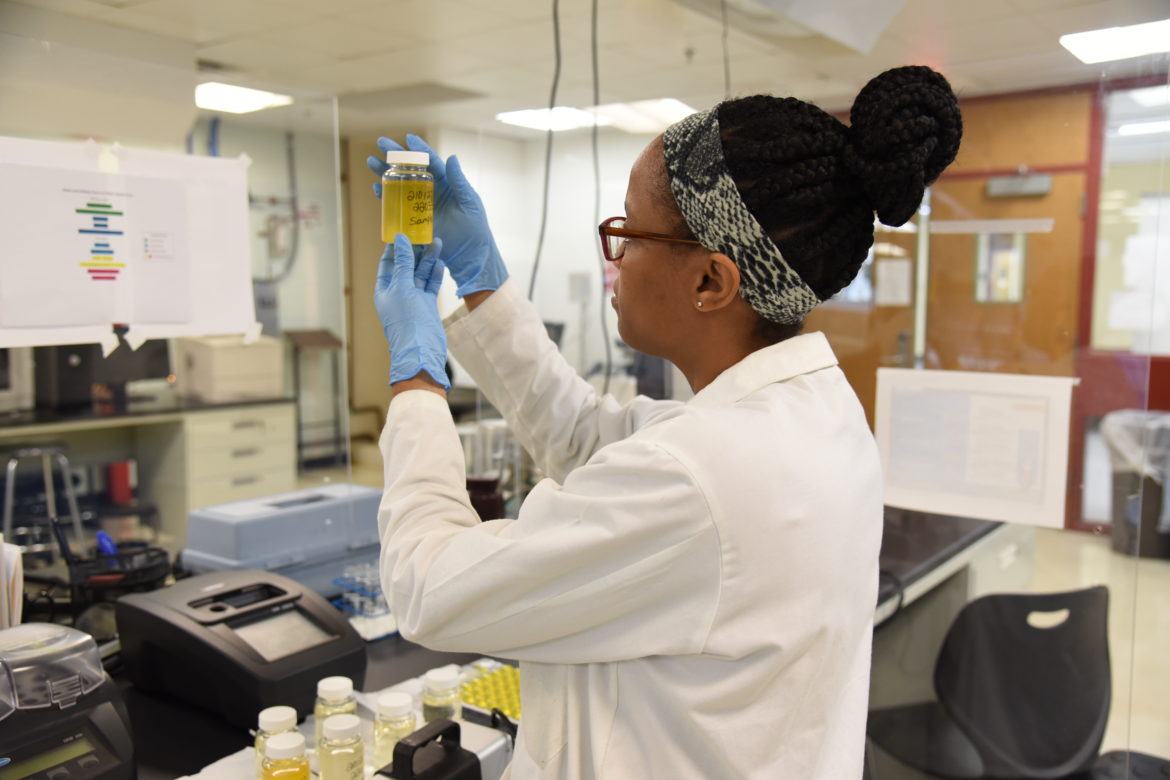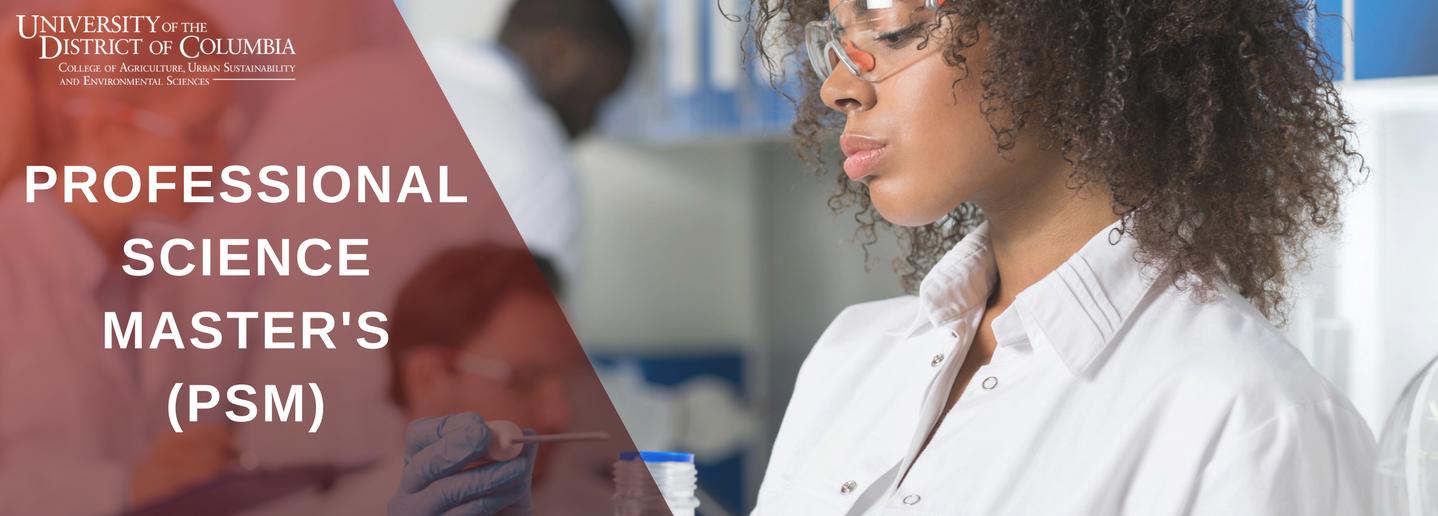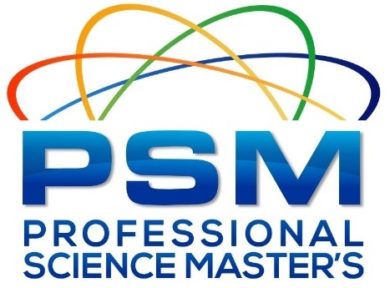Professional Science Master’s (PSM) Programs
Mission & Overview
The Professional Science Master’s (PSM) Degree Program is an innovative terminal degree that prepares graduates for science careers in business, government, or nonprofit organizations. The PSM programs at UDC are designed to allow students to pursue advanced skills in Urban Agriculture, Urban Sustainability, or Water Resources Management, depending on the concentration. Using a combination of practical and theoretical learning, these three programs allow students to gain hands-on experience through project design, project management, implementation, case studies, and internships in a working environment and applied research.
Mission
The mission of the Professional Science Master’s Program is to prepare students with valuable career skills for the 21st Century industries in urban agriculture, urban sustainability, or water resources management. The program’s innovative learning approaches prepare students to be competitive in the workforce, and future careers as lifelong learners.
Goals:
PSM students in the urban agriculture, urban sustainability, and water resources management tracks will:
- Demonstrate effective problem-solving skills by applying both qualitative and quantitative approaches.
- Monitor and assess the impact of urban development on the quality of life, ecosystem health, and resilience.
- Apply standard and state-of-the-art analytical methodologies in determining the quality and sustainability of natural or built environments.
- Apply project management and sustainability concepts to plan, execute, monitor, and assess project performance and outcomes.
- Apply advanced statistical and geospatial analytical tools to make informed decisions.
- Demonstrate professionalism and superior oral and written communication skills across diverse fields and cultural backgrounds.
PSM in Urban Agriculture
The PSM in Urban Agriculture program is an innovative graduate program that trains students to connect the dots between locally grown food, climate change, nutritional health, and economic empowerment while making urban farming a successful and sustainable business. The program offers students a chance to explore sustainable research techniques applied in action, whether it be at the 143-acre Firebird Research Farm in Beltsville, Maryland, our innovative urban farms in Wards 5, 7, and 8 of the District of Columbia, or the 20,000 sq. ft., food-producing green roof on the University’s Van Ness campus. In addition to required coursework, students can get hands-on experience through actively engaging in research projects implemented by the Center for Urban Agriculture & Gardening Education.
PSM in Urban Sustainability
As cities are becoming the home of large percentages of the global population, finding ways to build sustainable and resilient urban communities and organizations is crucial. The Urban Sustainability program prepares students for a wide range of sustainability careers and rapid advancement in business, government, and nonprofit organizations, by offering hands-on experience in sustainable project design, implementation, maintenance, and assessment. Students will learn how to assess and design sustainable practices, technologies, and systems that create solutions for current urban sustainability challenges through case studies and internship programs. In addition to required courses, students can gain insights into more sustainability practices through the Center for Sustainable Development and Resilience.
PSM in Water Resources Management
As managing our freshwater resources is critical for an aquatic ecosystem and human well-being in sustainable socio-economic development, the demand for water professionals continues to grow. The PSM in Water Resources Management program is an interdisciplinary and practical graduate program that prepares graduates to develop or advance their careers in water resources and environmental sustainability management. Actively engaging students through our nationally accredited Environmental Quality Testing Laboratory, Environmental Quality Modeling and Simulation Lab, Water Resources Research Institute, and required internship at potential employer sites, the water resources program trains graduates to develop marketable skills in water or environmental quality management, including water quality monitoring, assessment, and treatment; water quality modeling and simulation; hydrological analysis; performance analysis of green infrastructure; best stormwater management practices; scientific process; effective scientific communication; geospatial analysis; stream restoration, and other skillsets.
Degree Requirements
Individuals with a bachelor’s degree and a background in business, economics, planning, mathematics, science, or engineering, are encouraged to apply to any of the PSM program tracks. To graduate, students must complete a minimum of 35 – 36 credit hours, depending on the concentration, which can be completed within two years of full-time study. The interdisciplinary nature of the program provides not only a deep knowledge of the physical, chemical, and biological sciences applicable to urban systems, but it is ideal for skill-building in environmental policy, communication, business management, project management, ethics, and leadership.
All three PSM degrees are applied sciences, and they allow working professionals to bring their own professional experience into the program to advance or retool their careers.
Each PSM may be completed as a certificate. When combined with the required core and professional courses, students receive a PSM degree.
All three curricula fulfill the knowledge requirements of the Professional Science Master’s degree, approved by the National Professional Science Master’s Association (NPSMA).
Upcoming Events
PSM Informational Session
- TBA


